Special Report
Why the ‘Oscars’ and Other Little Known Fun Facts About the Academy Awards

Published:

The popularity of the Academy Awards has declined in recent years. The ceremony ins 2018 was the one of the least-watched Oscars broadcast, with nearly half as many people tuning in as four years prior. The show will not have a host for a third year in a row.
Yet, despite the recent troubles, the Oscars are still the most anticipated awards ceremony in entertainment.
Oscar fans tend to have favorite portions or aspects of the show. Some tune in to see what Hollywood’s biggest stars will be wearing on the red carpet. Others watch for the musical performances or for the annual reflections on those who passed. Of course, we have all also come to expect the unexpected from the show, and many look forward to each year’s most newsworthy happenings. These are 25 of the Oscars’ most egregious snubs.
For all the elements of the show we love and enjoy, there are numerous facts about the Oscars that are unknown. The Academy of Motion Picture Arts and Sciences was founded 94 years ago, and in this time it has developed a rich history. 24/7 Tempo has identified 30 little known facts about the nation’s most popular entertainment event – including just why the iconic trophy is called an “Oscar” in the first place.
Click here to see why it’s called the ‘Oscar’ and other fun facts

1. Why is it called ‘Oscar?’
According to the academy, one of the most popular explanations for the name “Oscar” dates back to at least 1934. Prior to her position as executive director, then-academy librarian Margaret Herrick remarked upon first seeing the statue that it resembled her Uncle Oscar. It wasn’t until five years later that the academy adopted the nickname.
The trophy’s official name, however, is the Academy Award of Merit.
[in-text-ad]

2. Hidden in plain view
Kate Winslet claims to keep her Oscar in her bathroom, where her guests are sure to encounter it. Winslet won the best actress award in 2009 for her role in “The Reader.”

3. What about Brando?
Marlon Brando, on the other hand, claimed to have lost — or never received — his two Oscars for best actor, which he was awarded for his work in “On the Waterfront” and “The Godfather.”
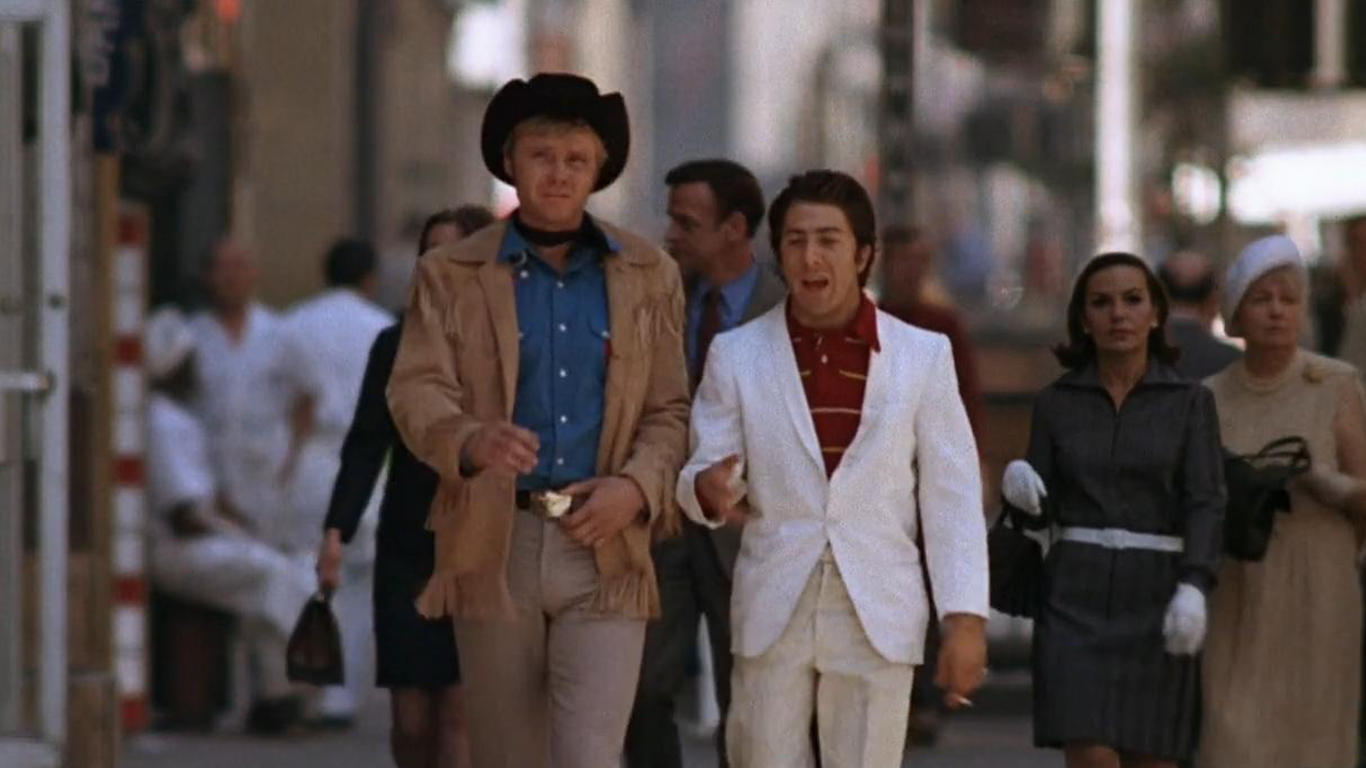
4. Breaking boundaries
1969’s “Midnight Cowboy,” starring Dustin Hoffman and Jon Voight, is the only X-rated film to ever win best picture.
[in-text-ad-2]
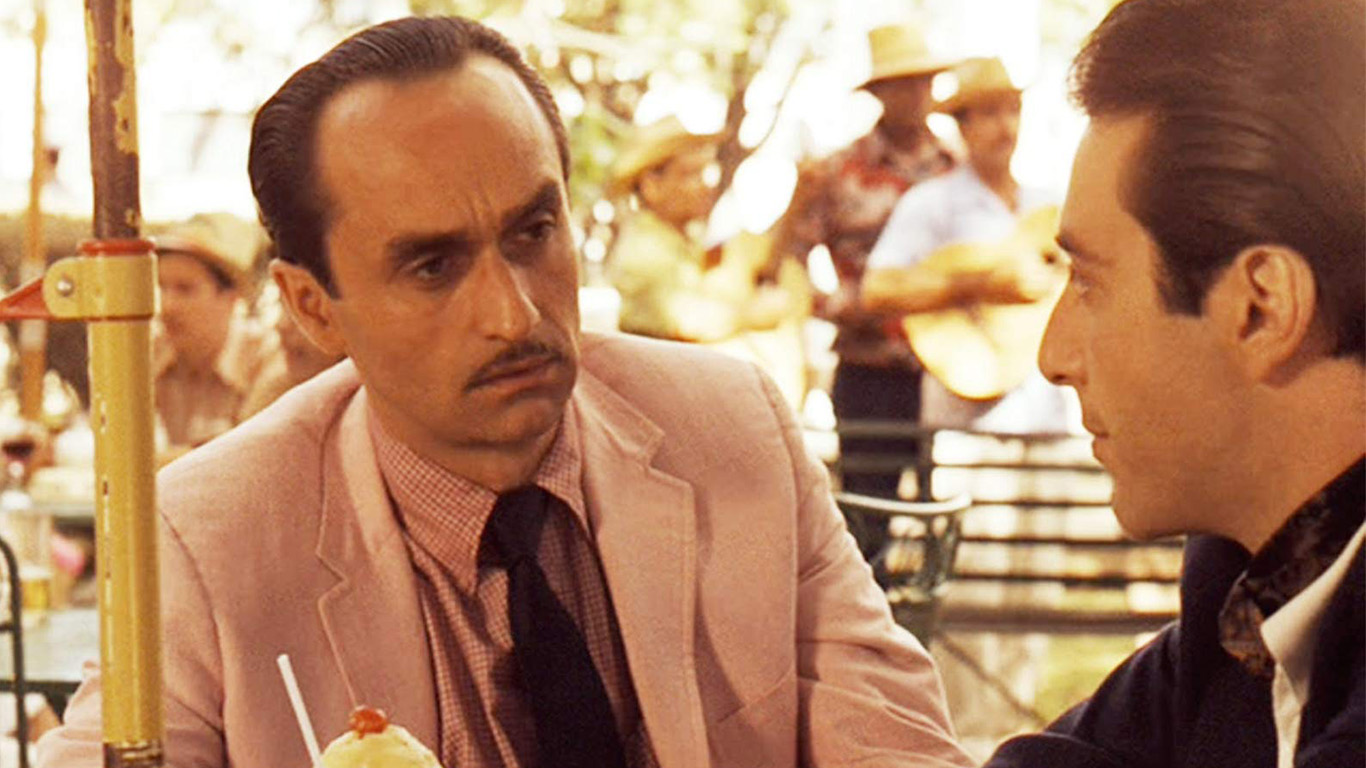
5. A shooting star
Actor John Cazale appeared in only five feature films before passing away at age 42 from lung cancer. Each of the movies he appeared in — “The Godfather” (1972), “The Conversation” (1974), “The Godfather: Part II” (1974), “Dog Day Afternoon” (1975), and “The Deer Hunter” (1978) — was nominated for an Oscar.

6. Take five
Only three films have ever taken home all five of the most coveted Oscars: best picture, actor, actress, director, and writing. Those films are: “It Happened One Night” (1935), “One Flew Over The Cuckoo’s Nest” (1976), and “The Silence Of The Lambs” (1992).
[in-text-ad]

7. Bad luck streak
Sound re-recording mixer Kevin O’Connell was nominated for an Oscar 20 times without winning once, setting the record for most nominations without a win. This changed in 2017, when he won the award for best achievement in sound mixing for his work on “Hacksaw Ridge.”

8. All in the family
Liza Minnelli, who won best actress for her work in “Cabaret” (1972), is the only Oscar winner whose parents — Judy Garland and director Vincente Minnelli — also won Oscars.
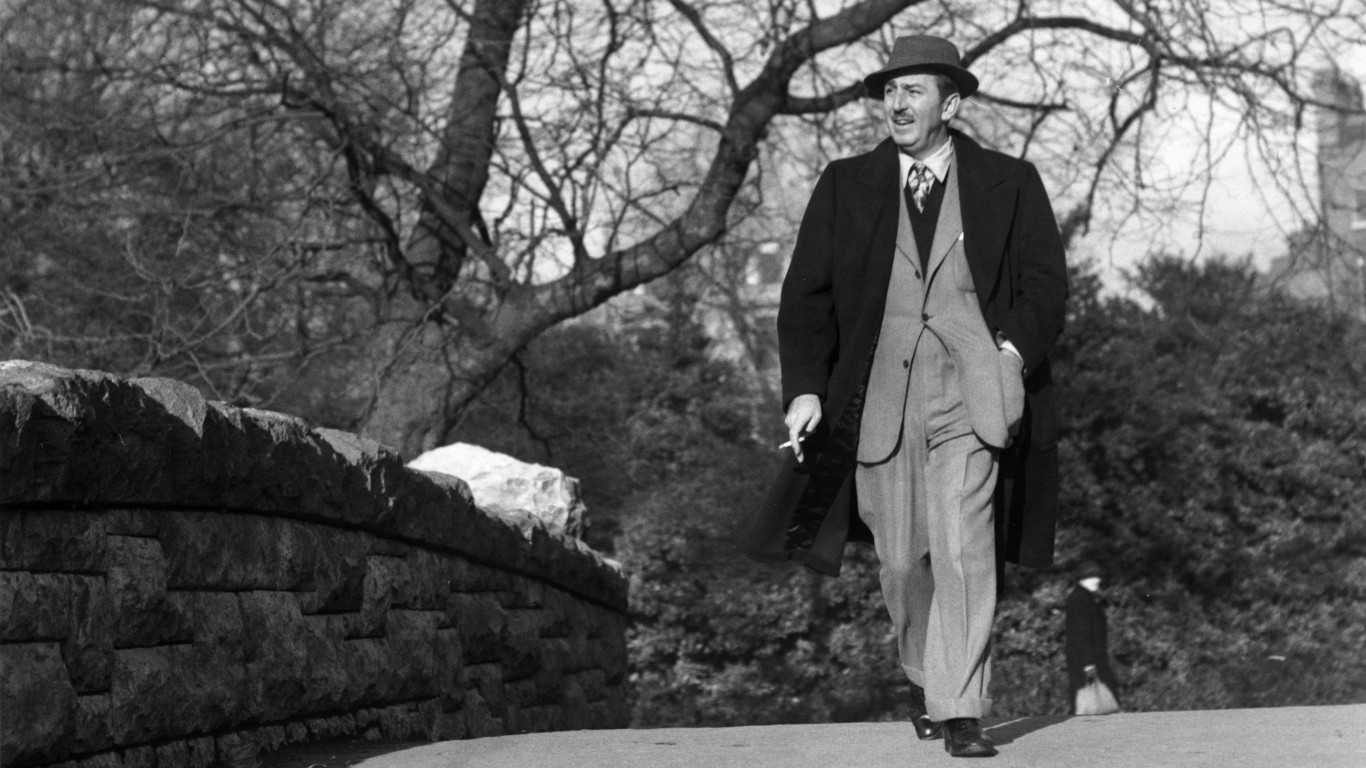
9. Where dreams come true
Walt Disney is the most honored person in academy history. Disney was nominated 59 nominations and won 26.
[in-text-ad-2]
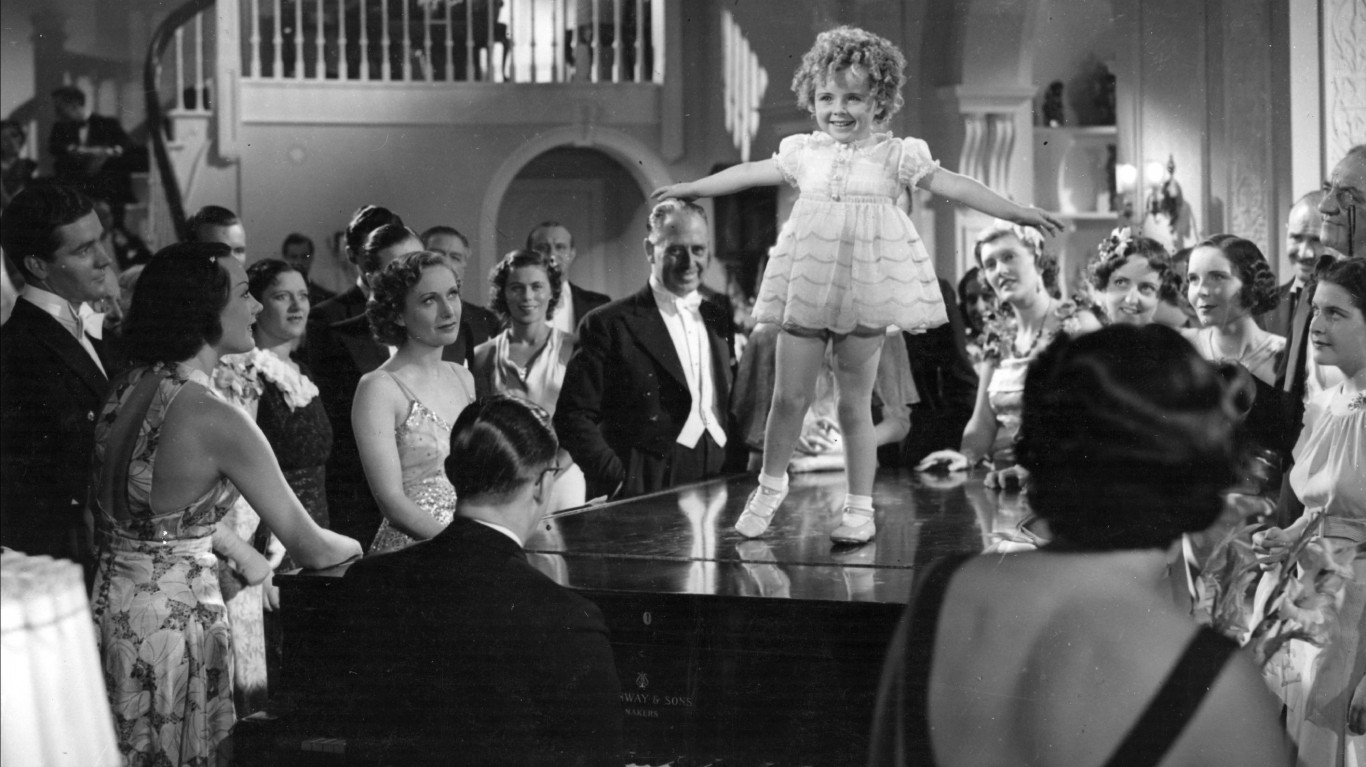
10. Something for the kids
Until it was discontinued in 1962, the academy would periodically award the pint-sized Academy Juvenile Award for most outstanding child talent. The first winner of this award was Shirley Temple in 1935. Other winners included Judy Garland and Hayley Mills.

11. Oscar for sale-not
Oscar winners are technically allowed to sell their trophies — with only one catch. They must first offer it to the Academy of Motion Picture Arts and Sciences for just $1, per academy rules.
[in-text-ad]

12. In glorious technicolor
The first color film to win best picture was “Gone With the Wind” in 1940. At 234 minutes, it’s also the longest film to win the much coveted award.
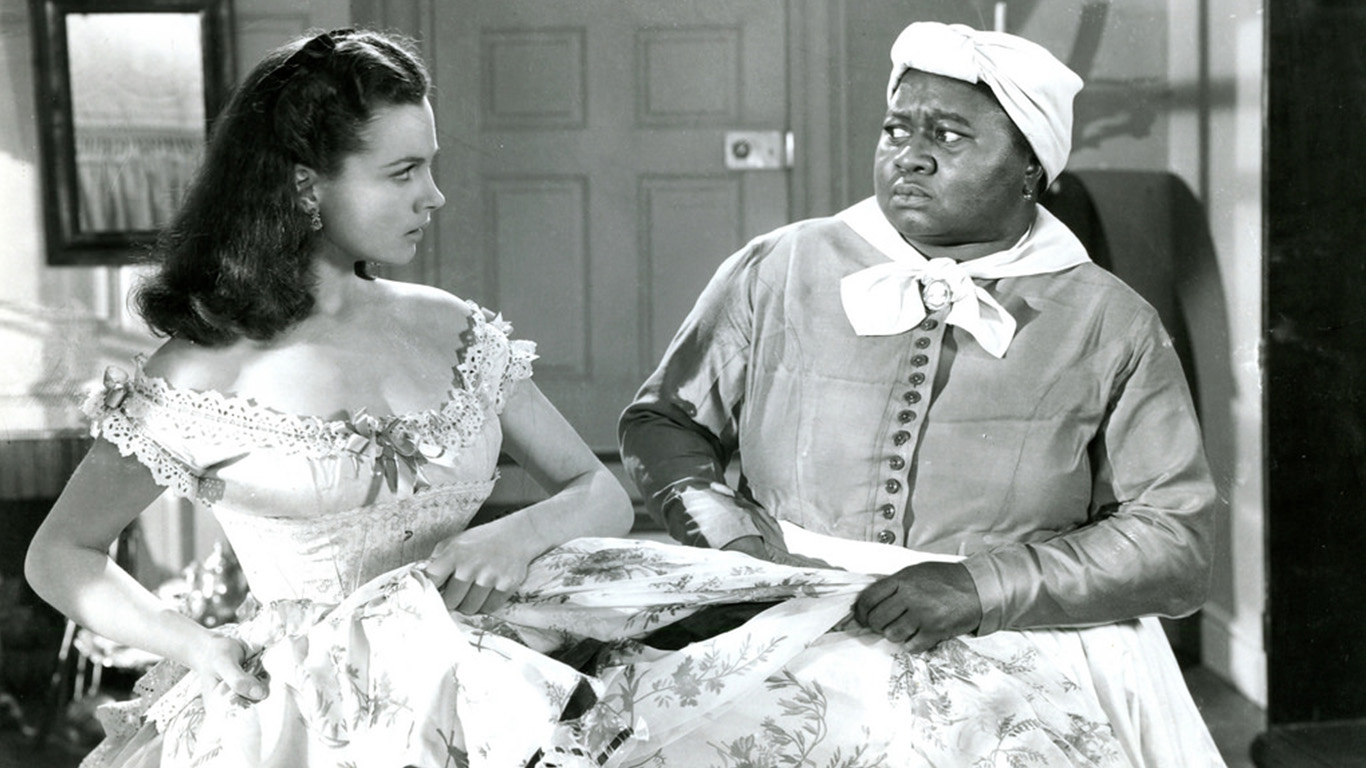
13. Pathfinder
Hattie McDaniel, the daughter of freed slaves, won the Oscar in 1940 for best supporting actress, the first Academy Award won by an African-American actor.
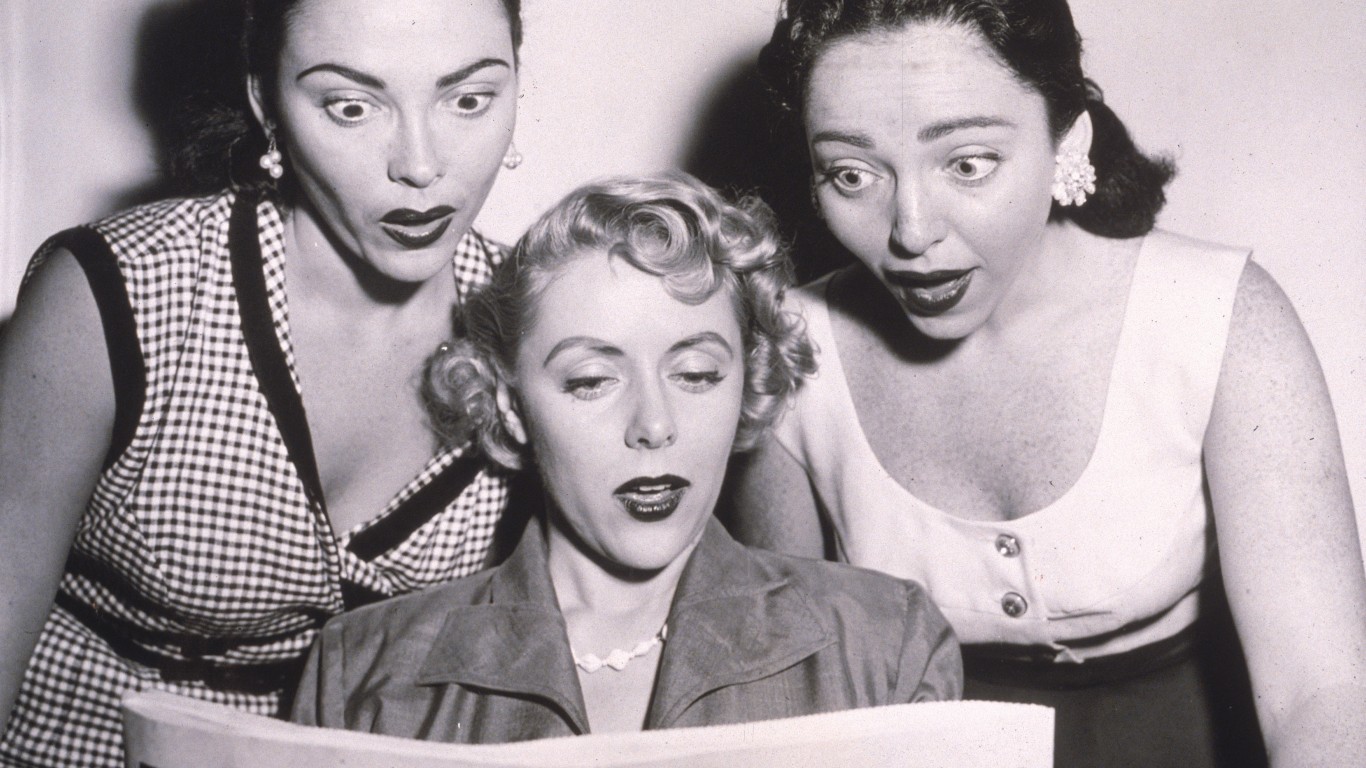
14. Breaking news
The Oscar winners’ names used to be given to the press ahead of the ceremony, with the understanding that they wouldn’t publish the winners until after the ceremony. This changed in 1940, when the “Los Angeles Times” published the winners in its evening edition — before the ceremony had even begun.
[in-text-ad-2]

15. Scott’s principled rejection
In 1971, George C. Scott refused to accept his award for best actor in “Patton.” The actor cited his disagreement with the academy’s voting process and the reduction of acting to a competition.

16. Without peer
Meryl Streep has been nominated for an Oscar more than any other actor in academy history.
[in-text-ad]

17. Every man Jack
Jack Nicholson is the most nominated male performer, with 12 nominations. He’s won three times.

18. Denzel’s distinction
Denzel Washington is the only African-American actor to win two Academy Awards. He won a best supporting actor award for his work in “Glory” in 1989, and received won a best actor Oscar for “Training Day” in 2001. He’s been nominated nine times, more than any other African-American actor.

19. Making it look easy
Katharine Hepburn has won four Oscars, the most of any actress, taking home awards for her work in the movies “Morning Glory” (1933), “Guess Who’s Coming to Dinner” (1967), “The Lion in Winter” (1968), and “On Golden Pond” (1981). She was nominated a total of 12 times.
[in-text-ad-2]
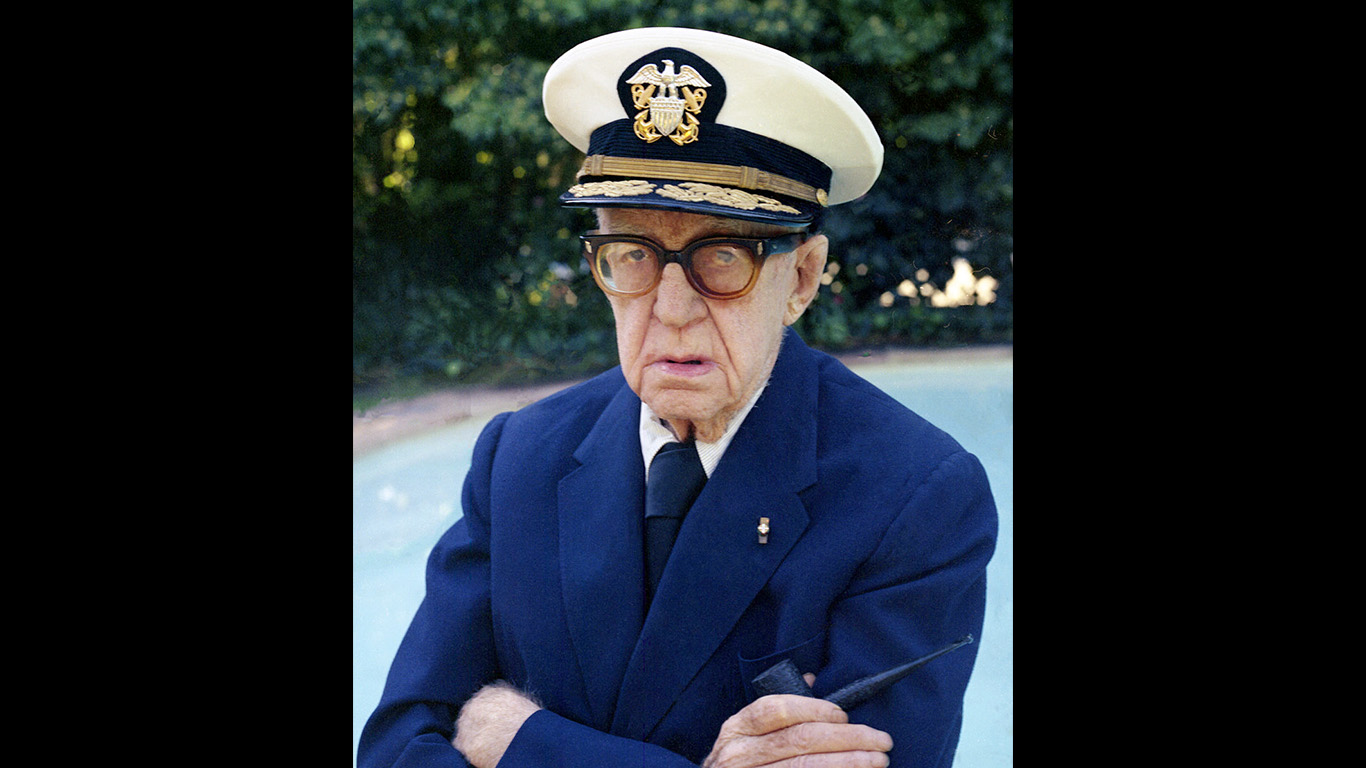
20. The quiet man
When it comes to directing, John Ford is king. The director won the award for best director four out of the five times he was nominated. He won for his films “The Informer” (1935), “The Grapes of Wrath” (1940), “How Green Was My Valley” (1941), and “The Quiet Man” (1952).

21. The strong, silent type
Three actors have won Oscars for playing characters with no spoken lines. Jane Wyman won best actress for her portrayal of a deaf mute in “Johnny Belinda” (1948), Sir John Mills won best supporting actor for his role as a mute in “Ryan’s Daughter” (1970), and Holly Hunter won best actress for her portrayal of a mute in “The Piano” (1993).
[in-text-ad]
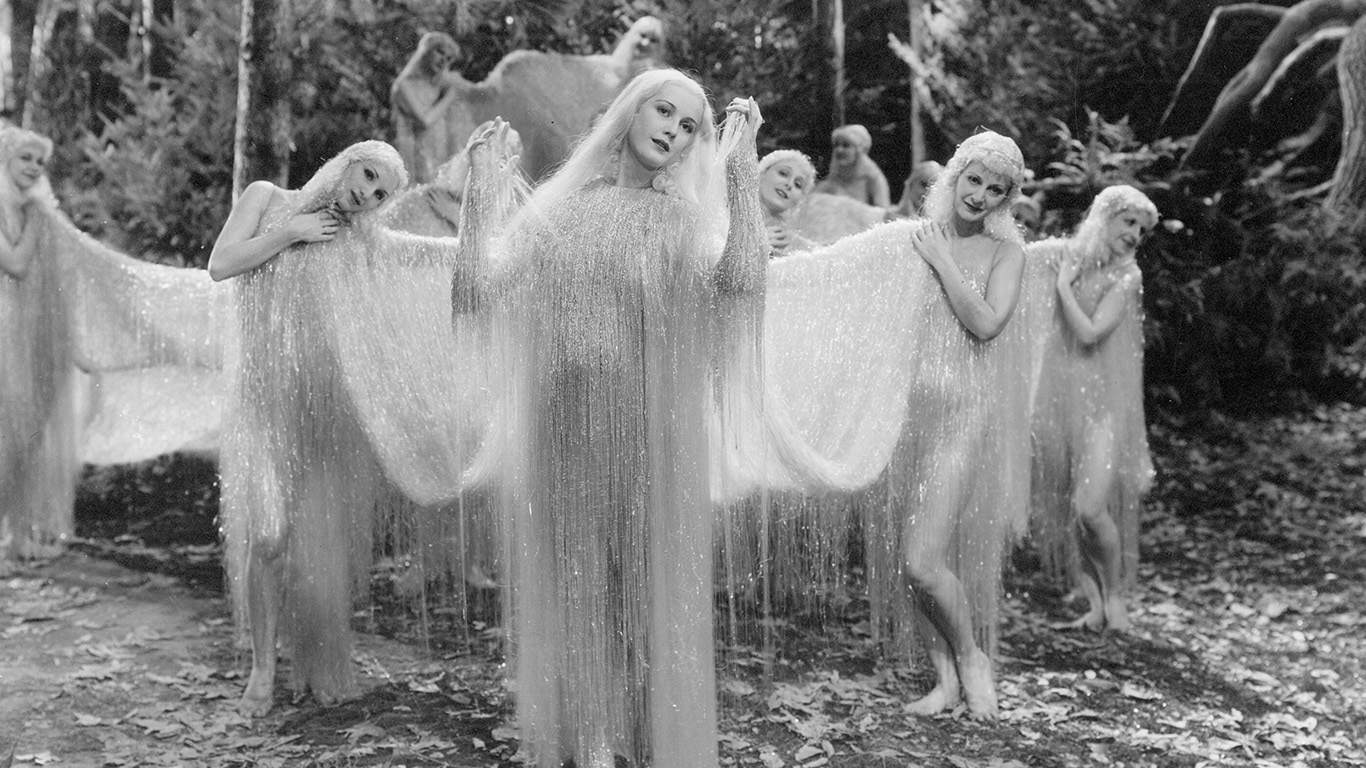
22. By popular demand
Cinematographer Hal Mohr is the only person to win an award via write-in votes, as opposed to being nominated and then selected by voters. Even though he was not officially nominated, Mohr took home the award for best cinematography at the 1936 Academy Awards for his work on “A Midsummer Night’s Dream.”
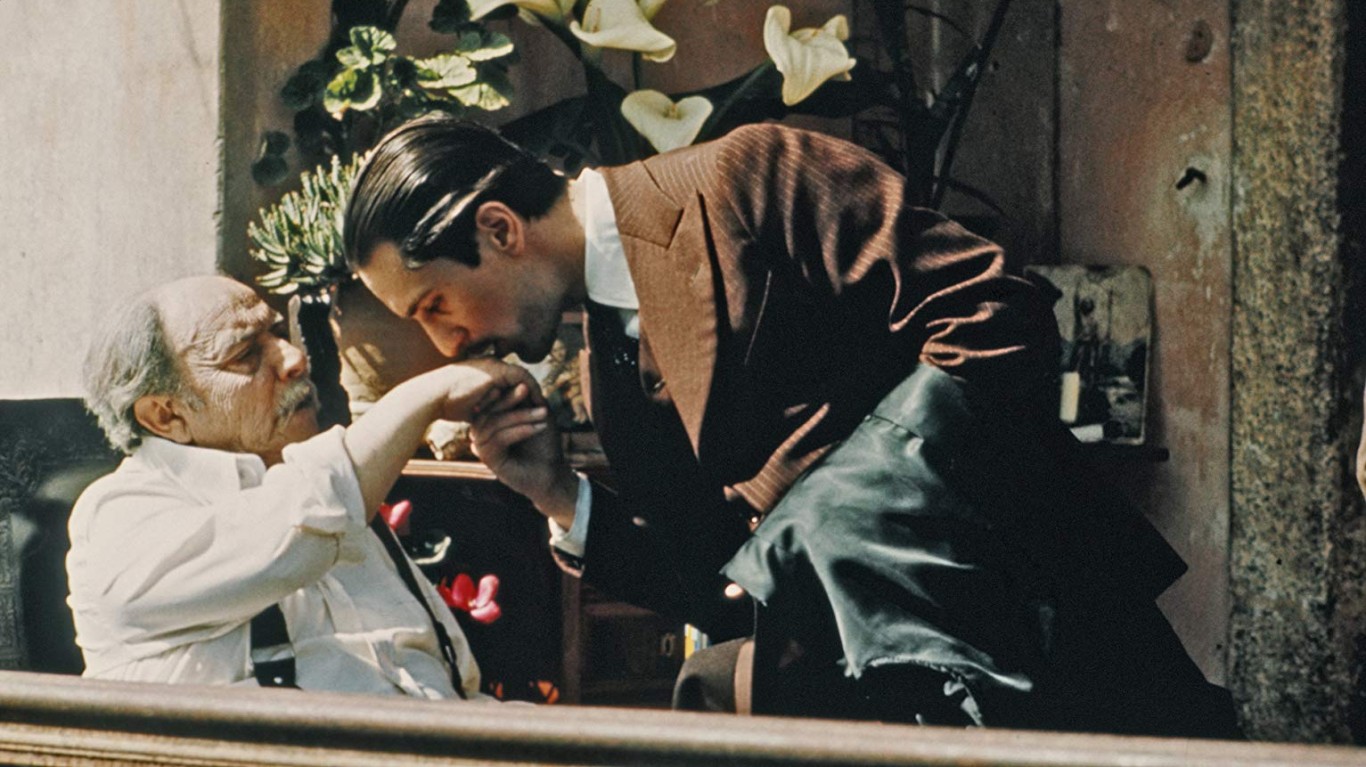
23. An offer they couldn’t refuse
Francis Ford Coppola’s gangster epic “The Godfather: Part II” (1974) is the only sequel to have won the Academy Award for best picture.
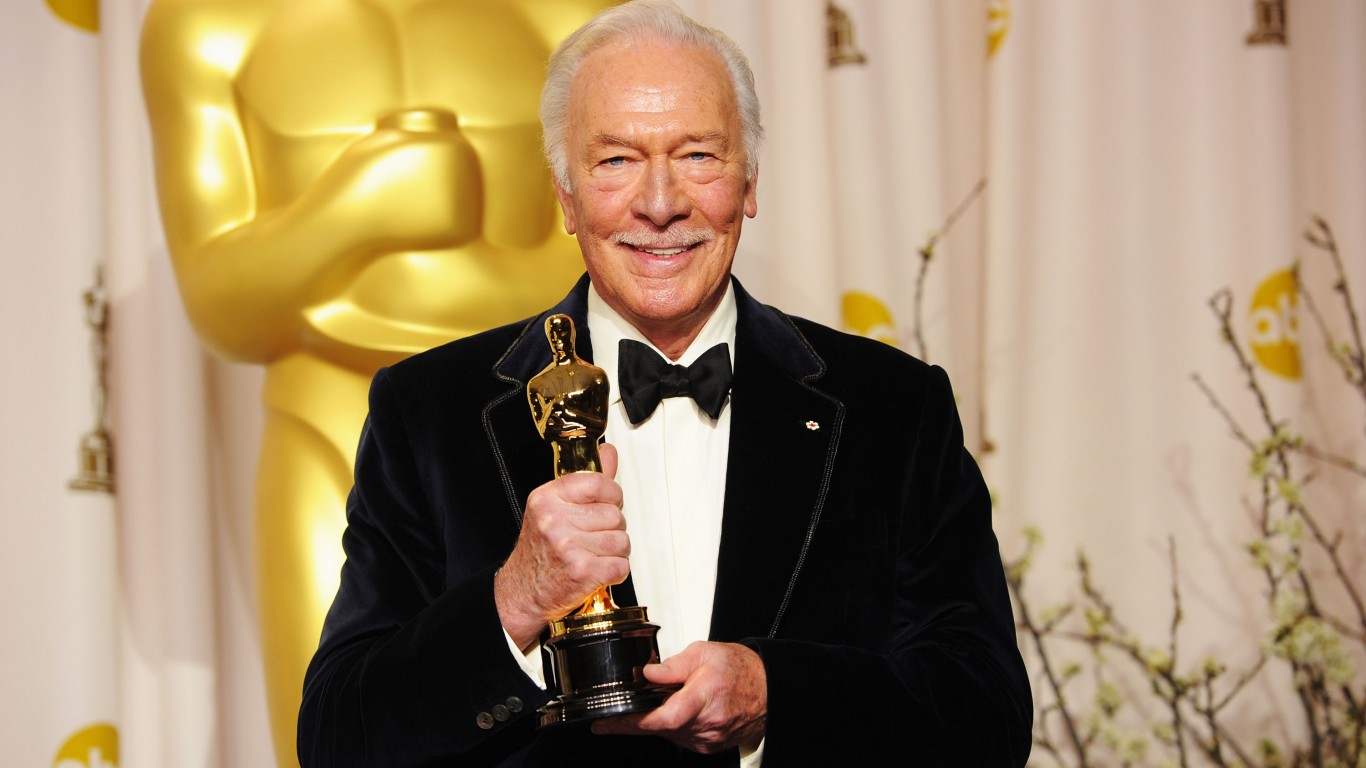
24. Better with age
The oldest actor to ever win an Oscar was Christopher Plummer, who won the award for best performance by an actor in a supporting role for his work in “Beginners.” At the time he was 82. Plummer, who was nominated for the same award at 88 for his work in “All the Money in the World,” is the oldest nominated actor as well.
[in-text-ad-2]
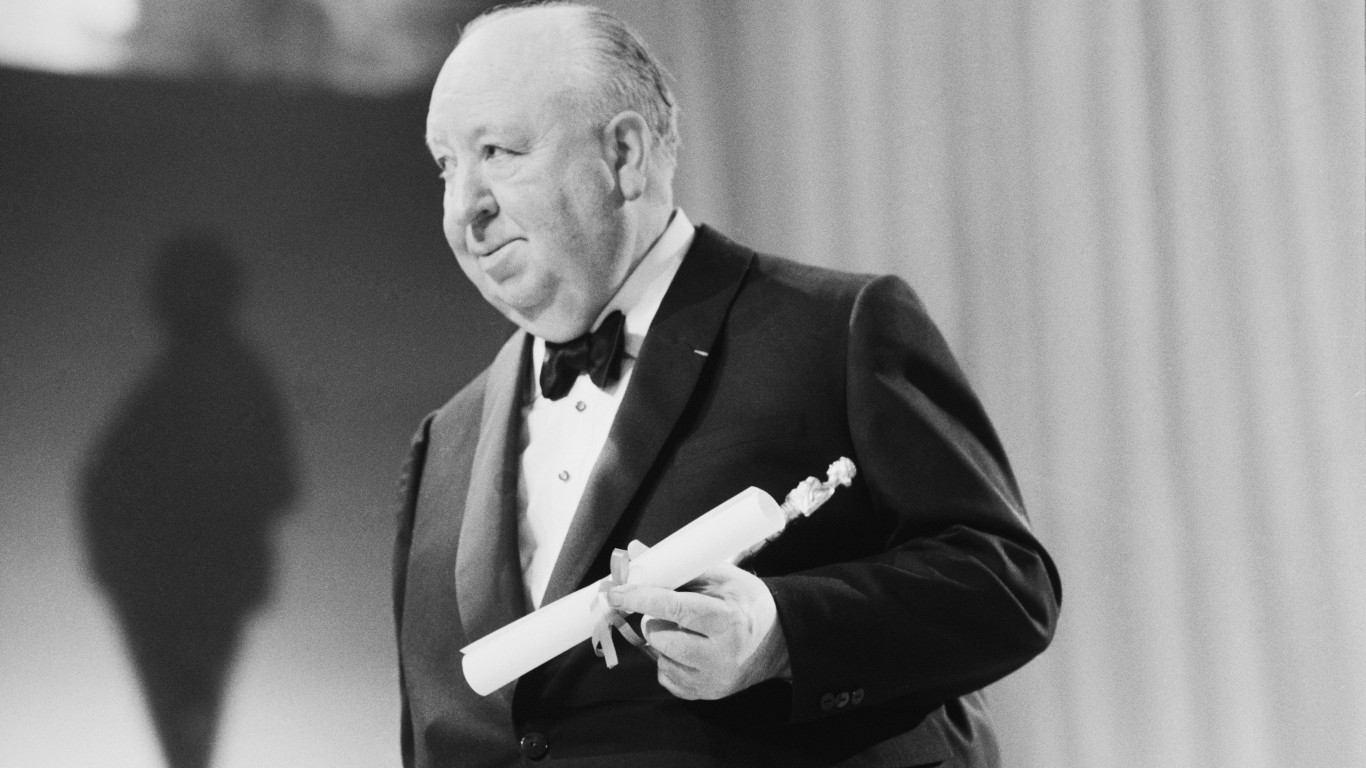
25. The wrong man
Alfred Hitchcock, the acclaimed director of films such as “Rear Window” (1954) and “Psycho” (1960), was nominated for best director five times, yet never won.

26. Popular music
With a total of 51 nominations, composer John Williams has been recognized by the academy more than any other living person. His most recent nomination was last year for his “Star Wars: Episode VIII – The Last Jedi” score.
[in-text-ad]

27. Gone too soon
Heath Ledger and Peter Finch are the only actors to receive an Academy Award posthumously. Ledger won for best supporting actor in “The Dark Knight” (2008) and Finch won for best actor for “Network” (1976).
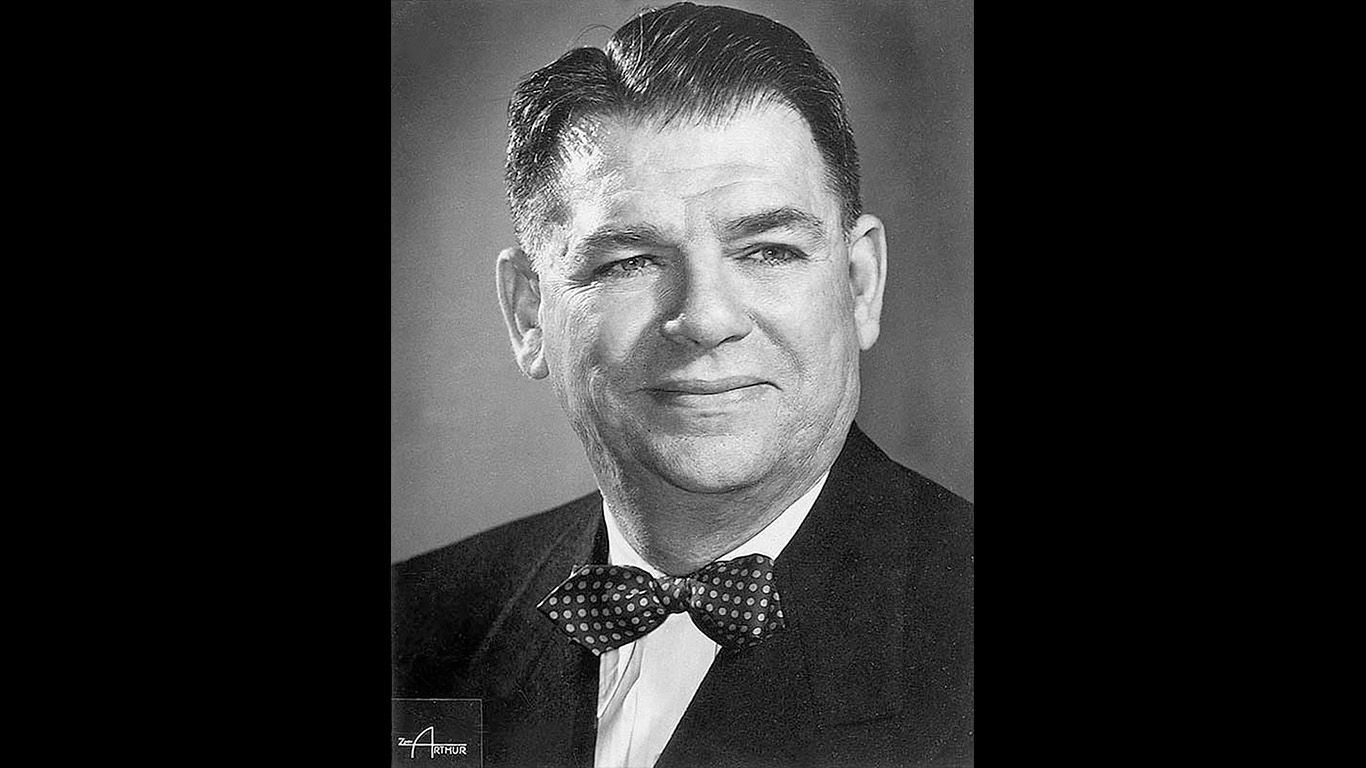
28. And the Oscar goes to …Oscar
Composer Oscar Hammerstein II is the only person named Oscar to win an Oscar. He won for his song “The Last Time I Saw Paris” in the movie “Lady Be Good” (1941).
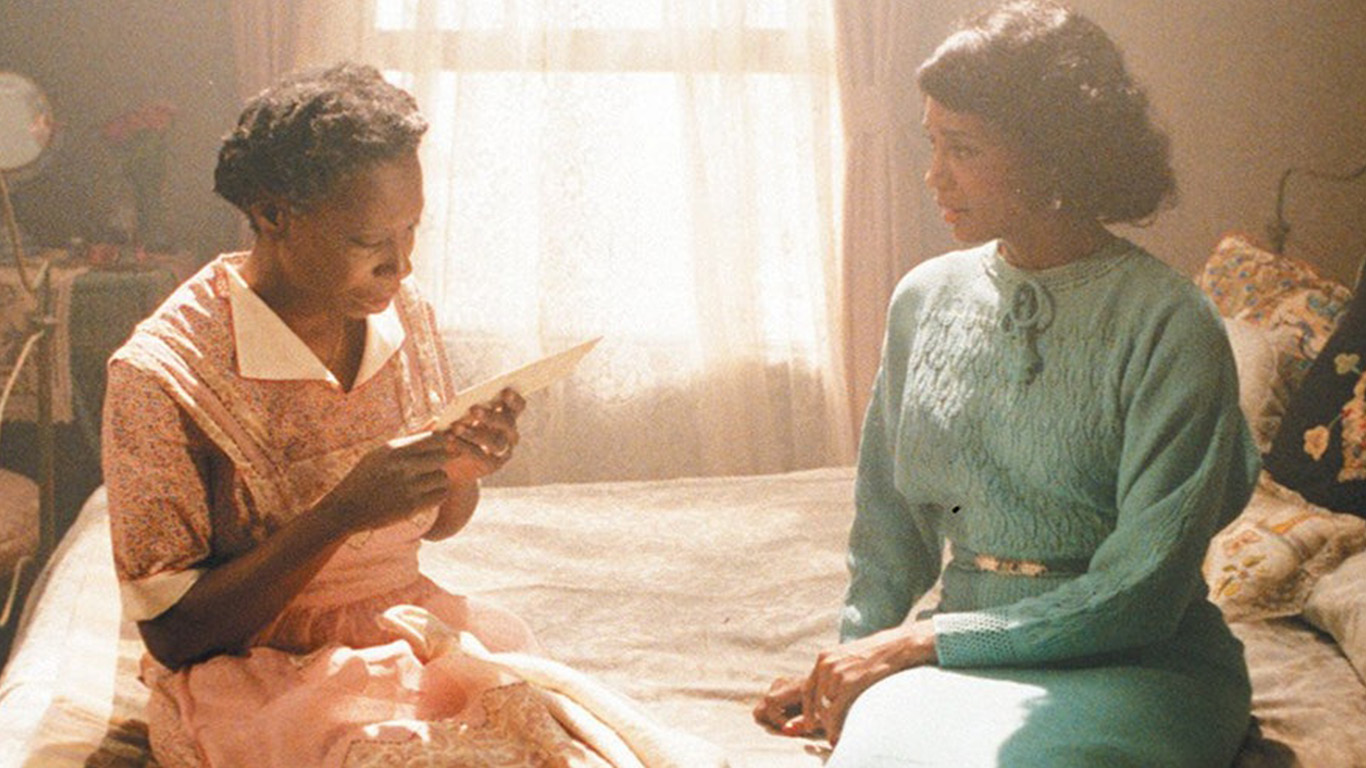
29. Coming up empty
In Oscar history, two movies tied for the record of the most nominations without a win. “The Turning Point” (1977) and “The Color Purple” (1985) both got 11 Oscar nominations but failed to win.
[in-text-ad-2]

30. A class by himself
Daniel Day-Lewis is the only person to have three best actor Oscars. He won for “My Left Foot” (1989), “There Will Be Blood” (2007), and “Lincoln” (2012).
If you’re one of the over 4 Million Americans set to retire this year, you may want to pay attention. Many people have worked their whole lives preparing to retire without ever knowing the answer to the most important question: am I ahead, or behind on my goals?
Don’t make the same mistake. It’s an easy question to answer. A quick conversation with a financial advisor can help you unpack your savings, spending, and goals for your money. With Zoe Financial’s free matching tool, you can connect with trusted financial advisors in minutes.
Why wait? Click here to get started today!
Thank you for reading! Have some feedback for us?
Contact the 24/7 Wall St. editorial team.